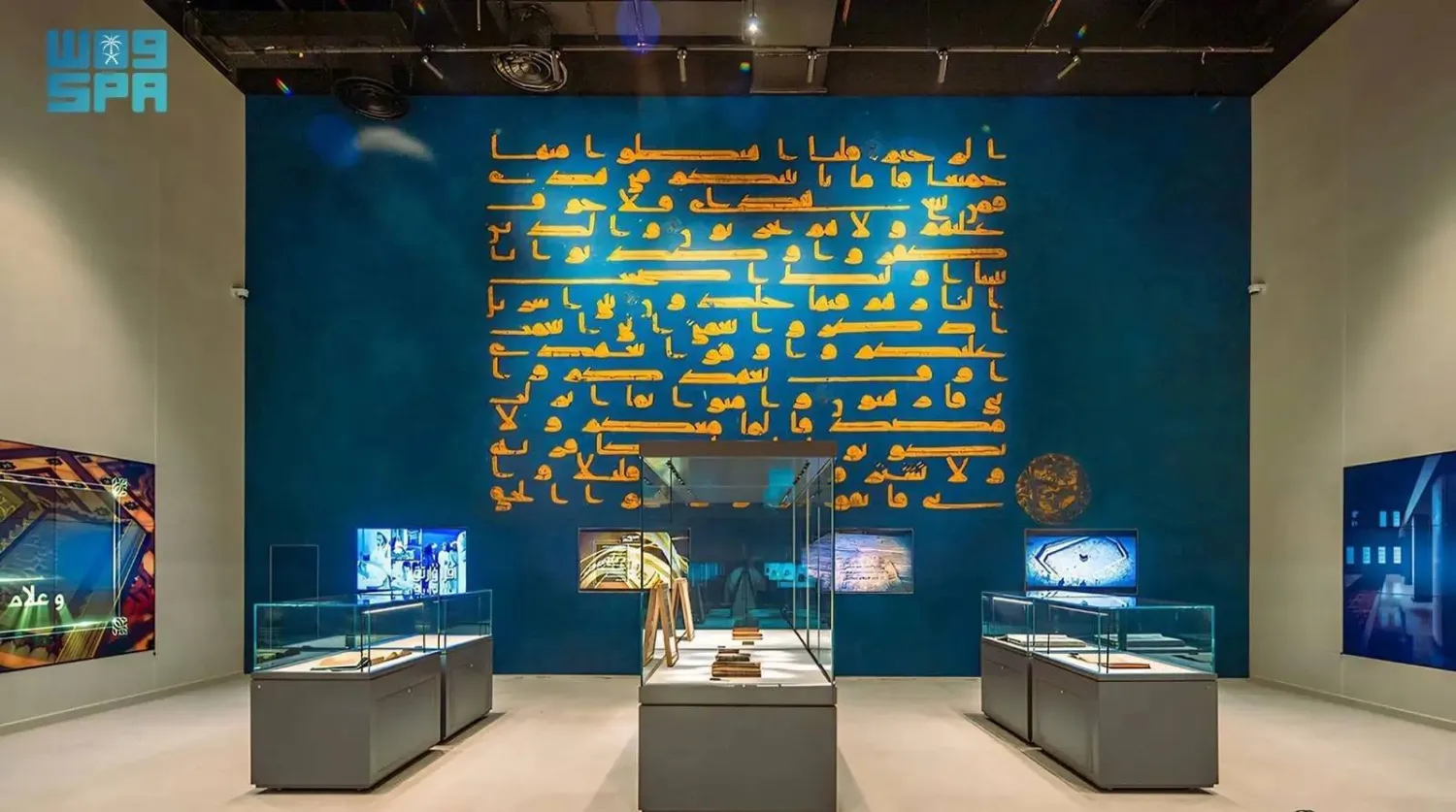Sudan's priceless archaeological heritage is being stripped from museums, with looters loading statuettes and fragments of ancient palaces onto lorries, smuggling them out of the war-torn country, and selling them online, Agence France Presse reported.
More than a year of war between rival generals has killed tens of thousands of people, forced millions more to flee their homes, and left the country's prized antiquities at the mercy of pillagers.
On Thursday, UNESCO, the United Nations's cultural body, said the "threat to culture appears to have reached an unprecedented level, with reports of looting of museums, heritage and archaeological sites and private collections.”
In the capital Khartoum, where fighting broke out in April 2023 between the army and the Rapid Support Forces, the recently renovated Sudan National Museum has had prized artifacts stolen, archaeologists and officials say.
The museum houses prehistoric artifacts from the Palaeolithic era and items from the famed site of Kerma in northern Sudan, as well as Pharaonic and Nubian pieces.
First opened in 1971, the museum was founded in part to house objects rescued from an area due to be flooded by the construction of Egypt's massive Aswan dam.
Now, its artifacts are under threat from war.
"The Sudan National Museum has been the subject of major looting," said Ikhlas Abdel Latif, head of museums at the national antiquities authority.
"Archaeological objects stored there have been taken in big lorries and transferred to the west and to border areas, particularly near South Sudan," she told AFP.
The extent of the looting is hard to determine because the museum is located in an area controlled by the RSF.
Officials and experts have accused the RSF of looting the site. Contacted by AFP, a spokesman for the force did not comment.
In May, the RSF said it was being "vigilant" in "protecting and preserving the antiquities of the Sudanese people.”
Throughout history, fighters have used plunder to fund their war efforts.
UNESCO said it was calling on "the public and the art market... in the region and worldwide to refrain" from trading in Sudanese items.
The agency also said it was planning training in the Egyptian capital Cairo for law enforcement and the judiciary from Sudan's neighbors.
"Because of the war, the museum and the artifacts are not being monitored," said Hassan Hussein, a researcher and former director of the national antiquities authority.
The army, led by Abdel Fattah al-Burhan, is locked in conflict with the RSF, which is led by his former deputy, Mohamed Hamdan Daglo.
The Island of Meroe, a UNESCO World Heritage site that is home to the capital of the ancient Kingdom of Kush and dozens of its pyramids, is also under threat.
Artifacts and exhibition accessories have been stolen from the museum in Nyala, the South Darfur state capital, said Abdel Latif.
In Omdurman, just across the River Nile from Khartoum, part of the Khalifa House museum was also destroyed, she said.
Last week, the Association of Friends of Sudanese Museums condemned "in the strongest terms" the looting that is taking place across the country.









